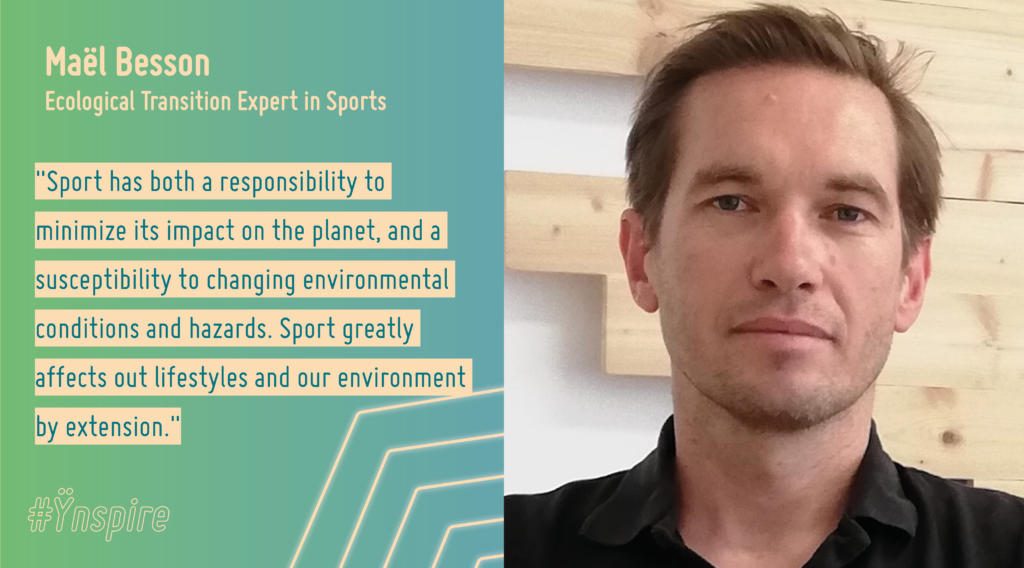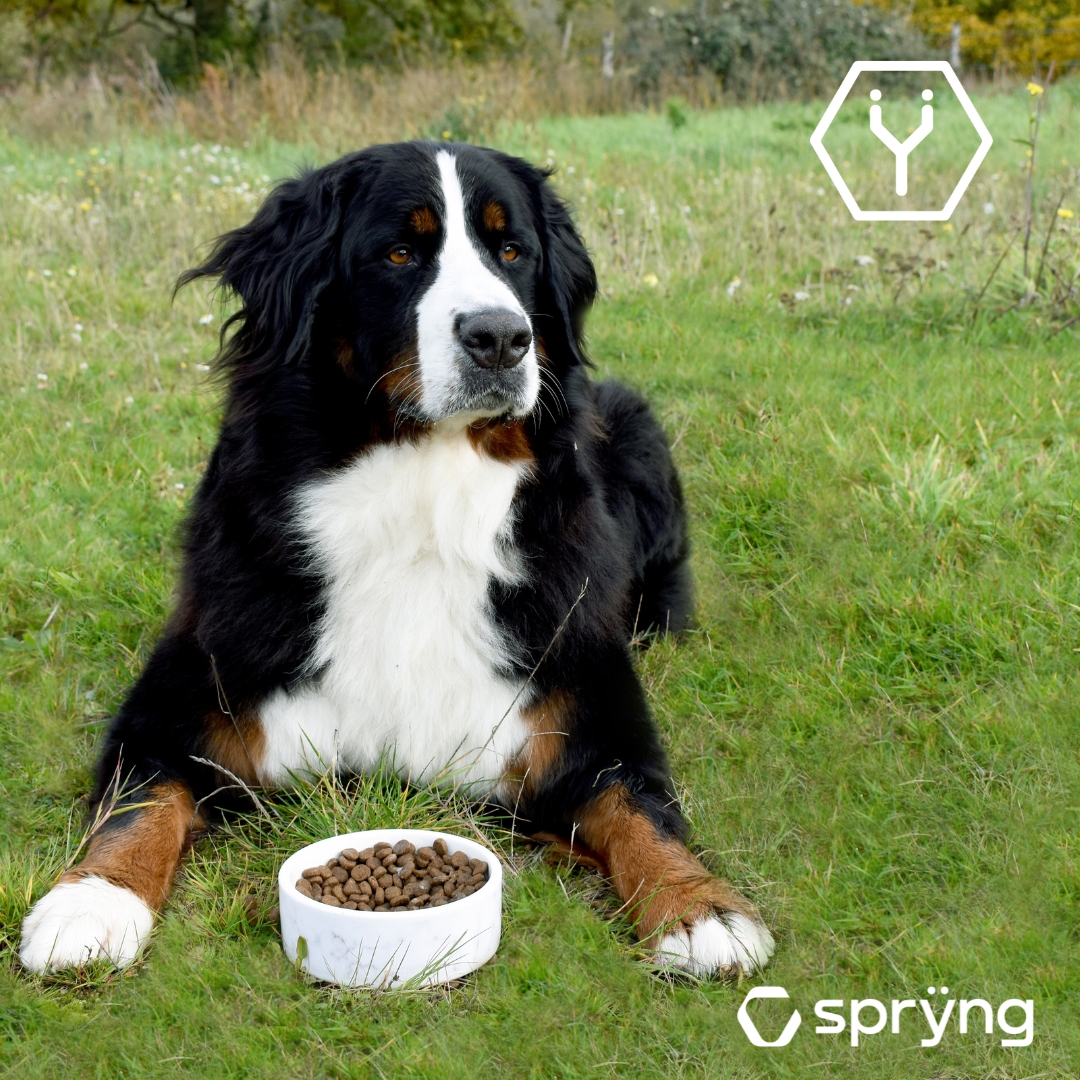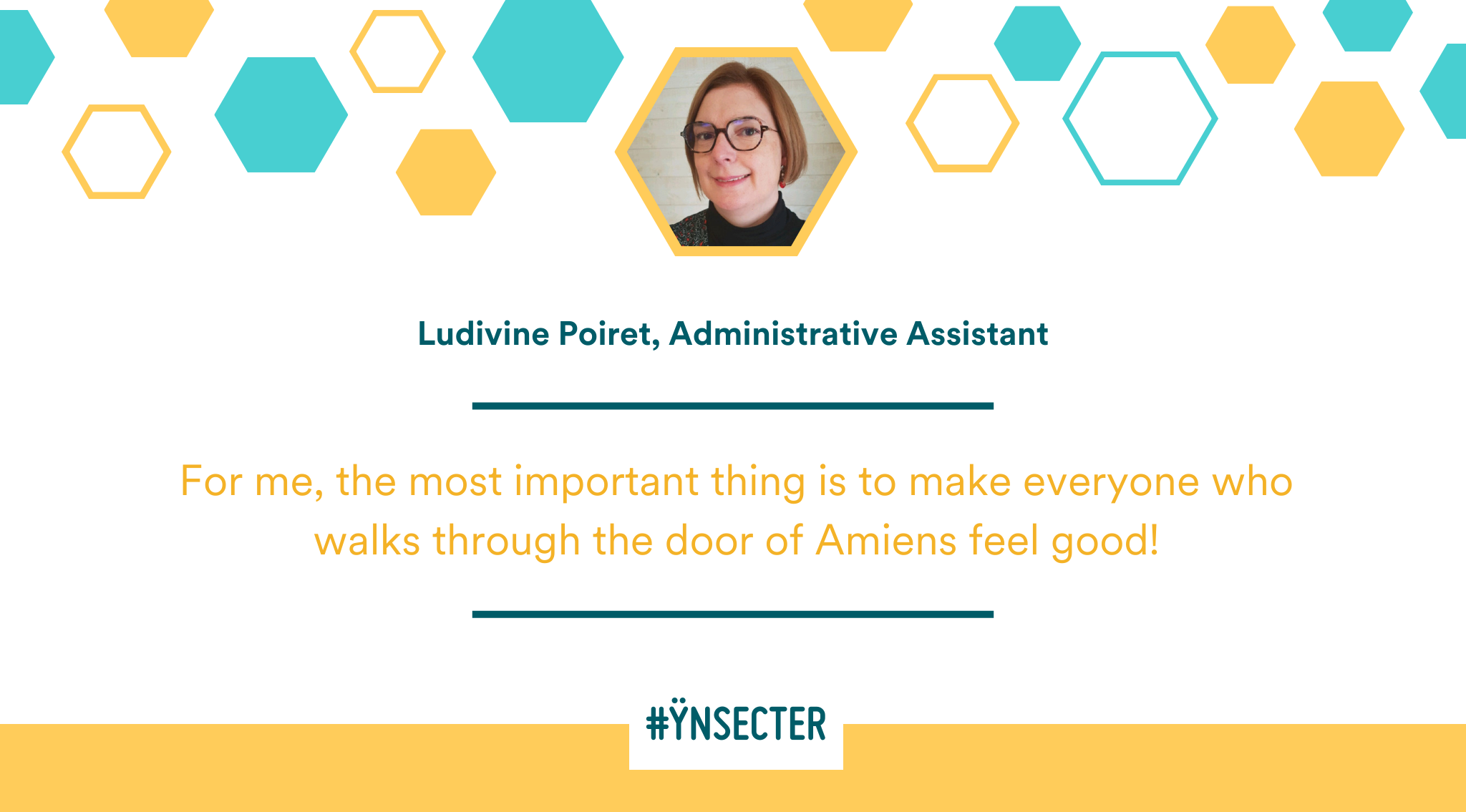In a few words, could you explain what being an “Ecological Transition Expert” means?
The “ecological transition” refers to a shift towards a new economic and social model that responds to the major challenges of our time, especially environmental. An “Ecological Transition Expert” works on more resilient and sustainable development models that revolutionize how we consume, produce, work, and more generally, live together harmoniously. Every walk of life is involved in the ecological transition: personally, I worked for 15 years on the connection between climate and sport. I worked at the Ecological Transition Ministry for eight years, and at the WWF for three.
In your opinion, what role does sport play in society?
Sport responds to different needs: history has proved that big sporting events provide a real benefit to society. They are moments in which people come together and boost quality of life. Sport also has an obvious social function: people can connect with each other. Of course, sport is also linked to improved health.
What is the link between sport and climate?
Sport has an obvious impact on the environment. Big sporting events lead to the construction of new buildings, increase travel, consume a lot of energy, etc. This kind of impact is ongoing and therefore quite classic. However, sport can impact the environment in other ways, too: for example, when an athlete is in an advert for bottled water, sales will rise because of mimicry and the person’s influence. Sport has a big influence on our lifestyle, without us necessarily realizing, and by extension on the environment.
You talked about sponsorship as a major player in the impact of sport on the environment. Could we imagine sports without sponsorship?
The example of sponsorship is certainly the most noteworthy to highlight sport’s impact. It is very important, but not the only one. Sponsorship is central to sport and sporting event business models. Restricting it would mean tampering with an entire field and creating a huge economic problem. Some big events are also unable to go ahead without deposits from sponsors. In order for sponsorship to be more sustainable, we need to trigger the ecological transition in other fields as well. It would be good to have sports influencers promote ecological cars in SUVs, and products that are more sustainable and environmentally-friendly in general. For the ecological transition to be successful, it needs to include all of society. It is not possible to have one without the other.
Is a different kind of sports industry feasible, one that doesn’t have such huge events, which represent much of the field’s environmental impact (construction, transports, energy, etc?)
We are facing many ecological challenges: the preservation of the environment and biodiversity are at the forefront. These environmental changes obviously have an impact on the sports world. We may think of winter sports, affected by the lack of snow, but it is also the case for water sports, with rising sea levels and the risk of submersion of many clubs. In addition, if carbon emissions continue to increase, extreme weather conditions will making insurers wonder if they should work with sporting events in light of higher costs. Finally, sports halls are also affected. It is often ignored but all sports buildings built before the 90s are not adapted to withstand strong temperature variations. They are often poorly insulated and consume a lot of energy. These halls will therefore become unsuitable for the practicing certain sports.
How can we take actions, individuals and professionals, to reduce this impact?
Professionals can already easily take action. For example, they can include sustainable practices into their events that monitor the food, number of seats, purchases, waste recycling, etc. Individually, we can all take action: by doing local sport, meaning avoiding driving somewhere to do it; during events, avoiding using disposable products; recycling; carpooling to get there, etc. In our daily lives, it is easier to live sustainably than we think: all actions count.





